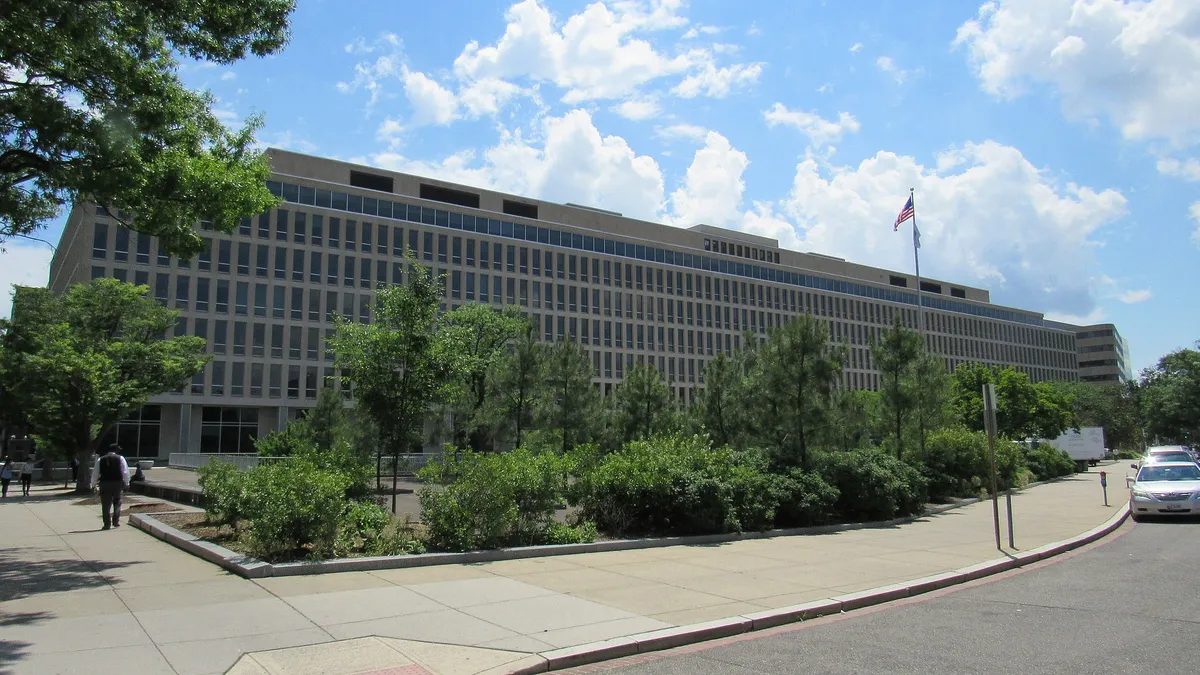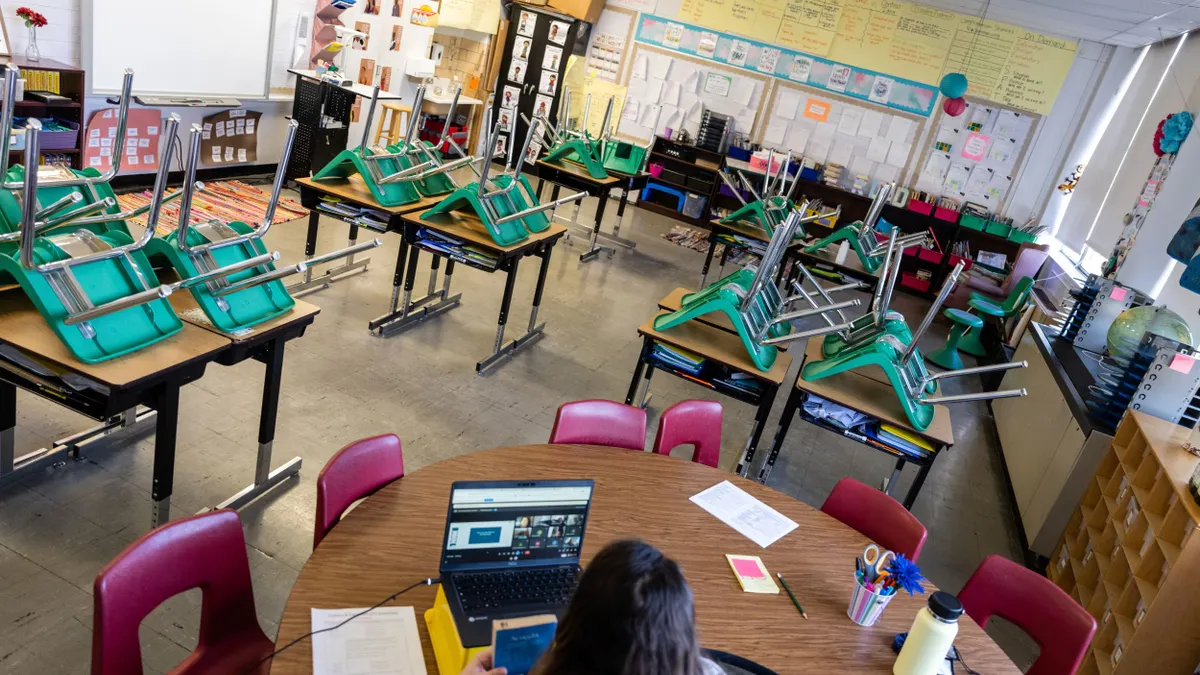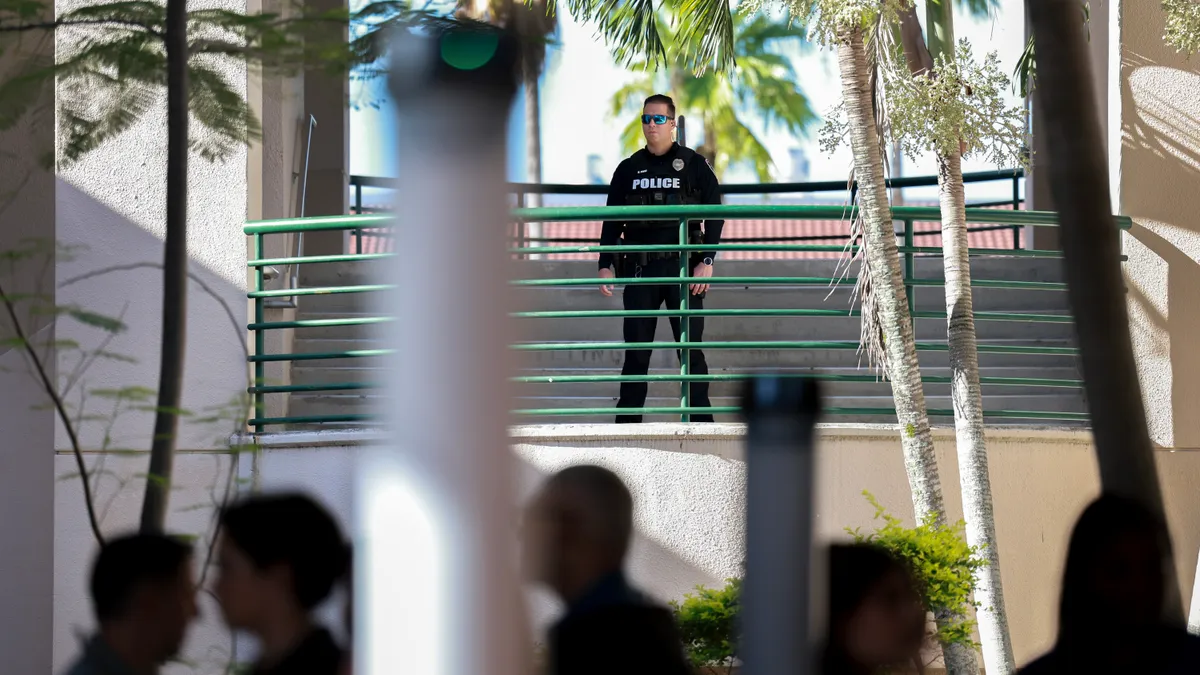Schools would not have to completely restructure their Title IX policies just a few years after experiencing an overhaul under the Trump administration. Instead, proposals released last week by the U.S. Department of Education on the civil rights law's 50th anniversary would require districts to tweak policies they already have in place.
"I don't see K-12 having to make significant changes in their procedures based on this," said Carol Ashley, an attorney at Jackson Lewis law firm who specializes in Title IX, the civil rights law prohibiting sex discrimination. "I think there's a handful of things that may cause them [districts] to reflect a little bit."
Many of the changes that took effect in 2020 will remain: Live hearings would still be optional, most school employees would still trigger a Title IX investigation if they are notified of sex discrimination, and incidents off-campus — such as on field trips — would still be covered by Title IX.
The proposals would also make smaller changes in areas that district leaders found challenging when implementing the regulations released by then-Education Secretary Betsy DeVos.
Who triggers Title IX narrowed only slightly
DeVos released the final regulations in 2020, while many schools were closed for in-person learning during the pandemic and expending resources on the transition to remote instruction. The final rules included a provision that triggers Title IX procedures when any employee of the district — rather than just teachers — is notified about a potential act of discrimination. That includes employees like custodial and cafeteria staff.
The expansion of who qualifies to trigger Title IX investigations overhauled district procedures in a way that public education groups called impractical. “What if a comment is made sort of in passing or to a custodial employee?” said Francisco Negrón, chief legal officer for the National School Boards Association, in 2020 about the Trump regulations. “It may be that schools have to put into place policies about how that information flows uphill so that the district can actually do something about it.”
The Biden administration plan would preserve this expansion, but narrow the pool of staff able to trigger Title IX procedures slightly to exclude confidential employees. Confidential employees could include staff like school psychologists and nurses.
"I think it's important to have confidential means of reporting in order to have access to resources and to support," said Shiwali Patel, director of justice for student survivors and senior counsel for the National Women's Law Center. Patel said any employee triggering an investigation could pose a deterrent for students. Instead, under the proposed rules, students would benefit from having a safe space where confidential employees could connect students with resources in case they decide to move forward with a complaint.
Disciplinary actions would be swifter
Another major shift in the 2020 regulations separated Title IX investigators from decision-makers. The distinction came at a time when school staff were already spread thin and juggling multiple roles outside traditional duties, such as contact tracing for COVID-19. One Title IX expert at the time called it "countercultural" to how schools typically assigned Title IX duties.
Still, Title IX experts said it was a positive change despite districts having to create a new role for the decision-maker and provide extensive training.
The new proposal, however, would eliminate this requirement, allowing for Title IX coordinators and decision-makers to be one and the same. It would revive the informal investigative process that teachers and schools were accustomed to prior to 2020.
The single investigator model would make things more efficient for K-12, said Brett Sokolow, president of the Association of Title IX Administrators. This is especially true in cases where schools lack the bandwidth for separate roles and struggle to find and train decision-makers.
"I think that's … something of a relief valve on those staffing requirements," Sokolow said. But, he added, "From a risk management perspective, I think that schools are better insulated from liability by handing off to a third party decision maker."
New proposals would also get rid of two 10-day waiting periods that made it difficult for school leaders to quickly address disciplinary issues when facing pressure from parents, students and the urgency of some matters.
"That, in and of itself will, I think, shorten the process," Sokolow said. The Biden plan would also make investigation reports optional and more informal. "So all of that should speed the process up."
Compliance responsibilities would expand
The new proposals also take a proactive and broader approach to ensuring schools are free of sex-based discrimination.
"What I think the current proposed regs are doing is broadening it, in a way, that focuses on: you can experience harassment that is not sexual assault," said Ashley. That includes extending protections for LGBTQ and pregnant people.
The new proposals also provide examples of what may subjectively and objectively — instead of just objectively, as in the current regulations — contribute to a hostile environment. For example, the proposals say unwelcome conduct like repeated requests for dates in an intimidating or threatening manner may be considered stalking.
By including such scenarios, the department would also expand the definition of sex-based harassment. This is in addition to the previous expansion under the 2020 regulations that included sexual assault, dating violence, domestic violence and stalking as sex-based harassment.
"I think these rule changes as a whole require schools to do more," Patel said about schools' responsibility to protect survivors.
The regulations will now undergo a 60-day comment period, after which the Department of Education is expected to publish final rules for districts to implement. Under DeVos, that process took nearly two years.







 Dive Awards
Dive Awards














